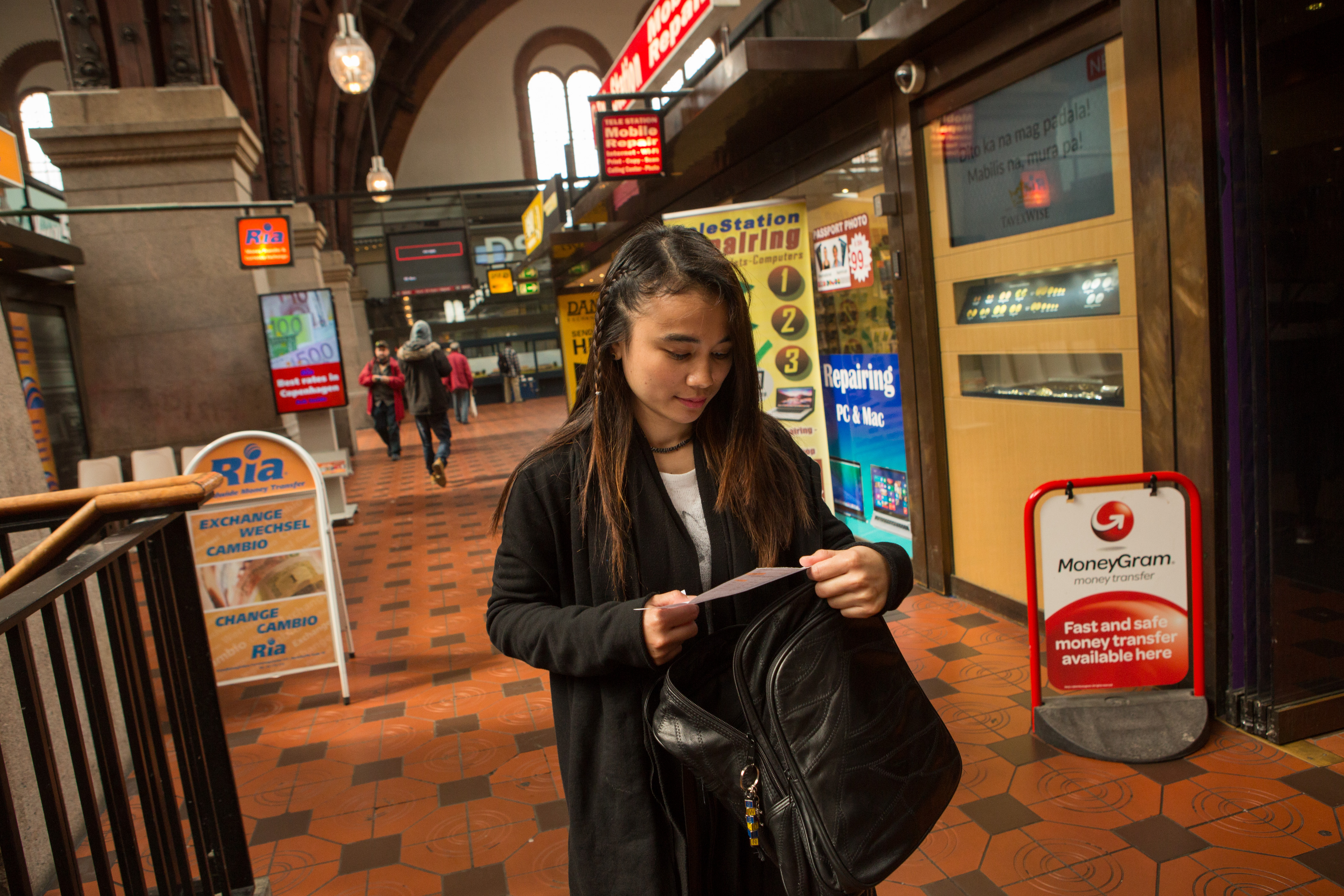
Christy, a 27-year-old nurse, left her hometown in the Philippines to be an au pair in Denmark, hoping for a better life.
Like Christy, Jhoy, 29, left to work as an au pair. She decided that being an au pair in Denmark was better than working at the plant in the Philippines.
Christy and Jhoy were two of several thousand Filipino migrants who support their families–and their country's economy–by working abroad. About half of these migrants are women, seeking work as nannies or domestic helpers around the world. But the income they send home can come at a terrible human cost. In this multimedia presentation for The Rappler, Pulitzer Center grantee Ana P. Santos depicts the challenges Christy and Jhoy faced while in Denmark.
Click here to view the presentation.

Education Resource
Meet the Journalists: Allison Shelley and Ana P. Santos
Writer Ana P. Santos and documentary photographer Allison Shelley traveled to Denmark for their...






